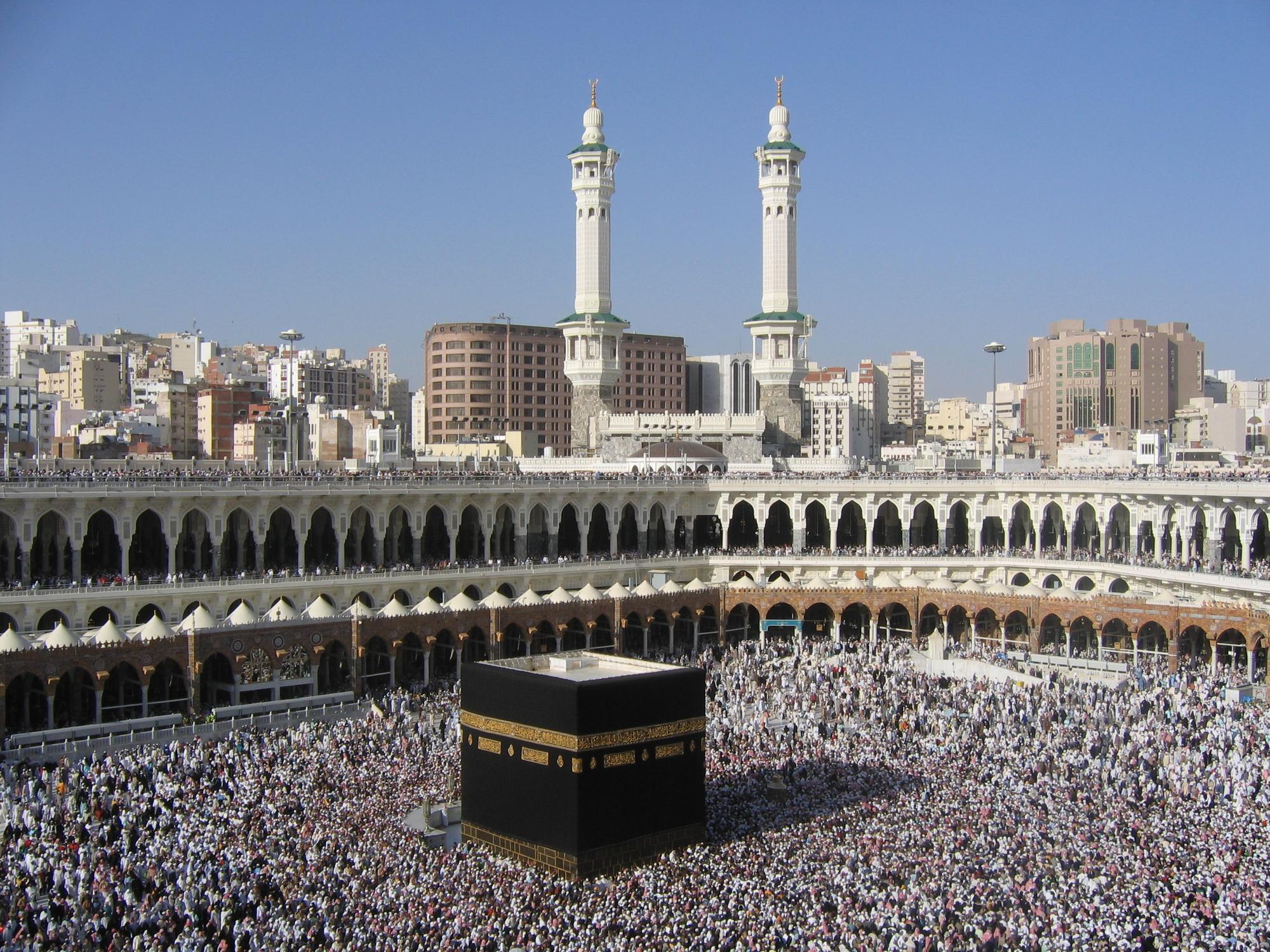In the contemporary spiritual landscape, the Baha’i Faith is often misunderstood, particularly when juxtaposed against Islam. While it has undeniable roots in the Islamic tradition, equating the Baha’i Faith to a diluted or ‘lite’ version of Islam is a common misperception that warrants critical examination. This article endeavors to debunk prevalent myths about the Baha’i Faith, elucidating its distinct doctrines, historical context, and its embrace of diversity within a unified spiritual framework.
To commence, it is essential to recognize the profound historical ties between Islam and the Baha’i Faith. Founded in the mid-19th century by Baha’u’llah in Persia, the Faith emerged during a tumultuous period marked by political upheaval and religious fervor. Baha’u’llah’s teachings arose from the Islamic tradition, yet they advocate for a transformative understanding of spiritual progress and divine revelation. The term ‘Progressive Revelation’ encapsulates this concept, positing that religious truth evolves in accordance with the needs and capacities of humanity. Thus, the Baha’i Faith does not see itself as a mere extension of Islam, but rather as a continuation of a divine educational process that encompasses all major world religions.
One prominent misconception about the Baha’i Faith is that it negates or disavows the essential tenets of Islam. In truth, Baha’is acknowledge the significance of Muhammad as a prophet and honor the Qur’an; however, they believe that Baha’u’llah’s revelations supplement and fulfill previous religious teachings. This perspective invites a broader interpretation, inviting believers to appreciate the interconnectedness of faiths rather than foster divisions. This leads to the myth that Baha’is do not engage with Islamic practices. On the contrary, many Baha’is partake in the observance of spiritual disciplines that reflect an Islamic influence, though they adapt practices to resonate with Baha’i principles.
Another striking distinction lies in the Baha’i concept of the ‘Oneness of Humanity.’ This principle articulates that all human beings, irrespective of cultural, racial, or religious backgrounds, are part of a singular family. This teaching directly challenges systemic inequalities and prejudices, fostering an environment conducive to peace and understanding. Critics may erroneously perceive this as a homogenizing force, suggesting that Baha’is disregard the richness of individual cultural identities. However, the Baha’i Faith encourages the appreciation and preservation of diversity within its universal framework. Rather than eradicating differences, it accentuates the intrinsic value each culture imparts to the collective human experience.
It is also critical to address the notion that the Baha’i Faith is inherently anti-religious or secular. In reality, Baha’is contemplate the harmony of science and religion, viewing both as integral pathways to uncovering truth. This interdisciplinary approach counters the false dichotomy often posited between rational inquiry and spiritual understanding. Baha’is advocate for the autonomy of human reason, positing that both empirical evidence and spiritual perception hold invaluable roles in discerning the complex mechanisms of existence. Thus, it is inaccurate to label the Baha’i Faith as a mere secular philosophy devoid of sacredness; rather, it is a holistic perspective that embraces both dimensions in concert.
Moreover, social justice is a paramount pillar of Baha’i teachings, further differentiating it from traditional Islamic practices. The explicit advocacy for gender equality, education for all, and the elimination of prejudice marks a progressive vision rooted in the teachings of Baha’u’llah. Subsequently, this has drawn criticism from sectors of traditionalist Islamic thought, which may interpret these tenets as transgressing established religious practices. However, by championing equality and justice, the Baha’i Faith reinforces humanitarian principles fundamental to the essence of all religions—even those that may seem statistically divergent.
One might encounter the myth that Baha’is have an elitist or exclusive interpretation of spirituality. This perception is fundamentally flawed, as Baha’is uphold the inherent spiritual potential of every individual. Personal endeavor and spiritual education are deemed crucial in the Baha’i worldview, advocating for a participatory model of faith where believers are encouraged to forge their own connections with the divine. The emphasis on community life—where Baha’is come together to engage in discussions and service—fosters an inclusive environment that transcends hierarchies of knowledge or spiritual authority. This egalitarian spirit is a cornerstone that distinguishes the Baha’i Faith from many religious institutions where such exclusivity often pervades.
In recapitulation, it becomes evident that the Baha’i Faith is anything but a pedestrian, simplified variant of Islam. It presents a rich tapestry of interconnected principles that celebrate diversity and promote unity. The recognition of Progressive Revelation, adherence to the Oneness of Humanity, and the unyielding commitment to social justice collectively portray a Faith that is dynamic and responsive to the human condition. Addressing these prevalent myths fosters a greater understanding of the Baha’i principles, encouraging constructive dialogues that bridge divides rather than exacerbate them.
To engage earnestly with the Baha’i perspective is to embark on a journey of exploration—one that seeks to unveil the depth of its teachings and the vibrancy of its community. In a world rife with discord, the Baha’i Faith offers a clarion call for unity, inviting seekers from all walks of life to share in the journey of spiritual discovery.
